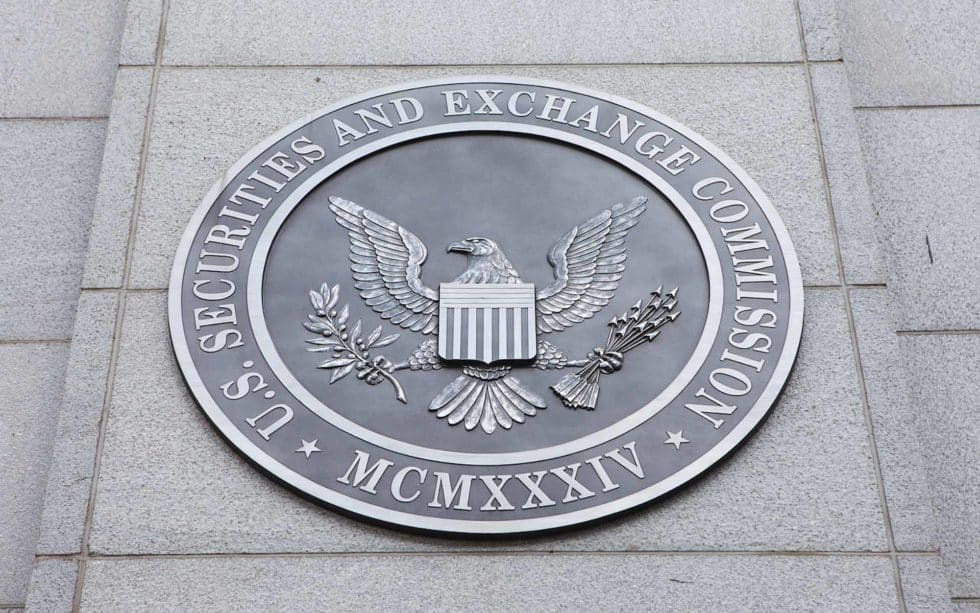Join Our Telegram channel to stay up to date on breaking news coverage
The United States Securities and Exchange Commission (SEC) has had a rather busy year with cryptocurrency, whether it’s through monitoring activities or enforcing its constitutional powers.
The latest of those enforcements is coming in the form of a charge against Blockchain of Things Inc., a startup based out of New York, which the financial regulator recently nabbed for breaching one of its most statutory laws. In a press release published on December 18, the financial watchdog announced that it had settled with the blockchain firm, which it had accused of running an Initial Coin Exchange (ICO) without seeking approval.
https://twitter.com/MaxCollins_1/status/1207627321445879810
No Way to Fund a Blockchain Project
The SEC alleged that Blockchain of Things had raised almost $13 million via an unregistered ICO, as the company looked to raise funds to build its own native Blockchain. Like a lot of other Blockchain platforms, the New York company’s proposed project would have made it easy for developers to build their own decentralized applications for communication and digital asset transaction purposes, a great vision, but nixed by the SEC for violating the 1933 Securities Act.
As the SEC order now states, the company will have to cease and desist from committing any further violations of securities laws, while also paying an additional $250,000 in penalties. The firm also has to return the $13 million raised in the ICO to the investors.
Clamping Down on Bad Actors
The door isn’t closed permanently on the company, however, as the SEC explained that it could still run an ICO if it wants; provided, of course, that it does so the right way with proper filings and periodic reports.
The arrest is capping off what has been an extremely busy year for the SEC as far as the crypto space is concerned. Although little progress was made with clarifying the stance of cryptocurrencies in the American legal and financial ecosystem, the financial watchdog has been on its game, keeping a lookout for companies that have tried to circumvent its reach via digital assets.
Still, a lot of its methods have been questioned, as several quarters of the industry believe that it is starting to overreach its authority. The agency has open cases against several tech firms that have tried to issue tokens, including Telegram and Kik. Both of the cases are heading to trial next year, and there’s growing sentiment that the outcomes will be a harbinger for things to come as far as the treatment of digital tokens in the United States is concerned.
Join Our Telegram channel to stay up to date on breaking news coverage


